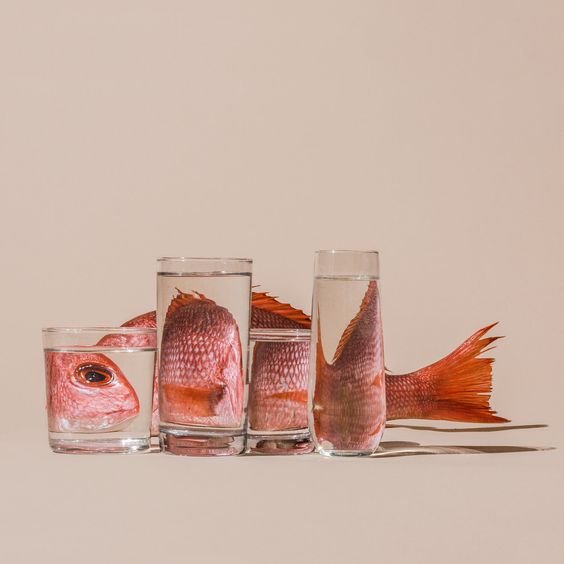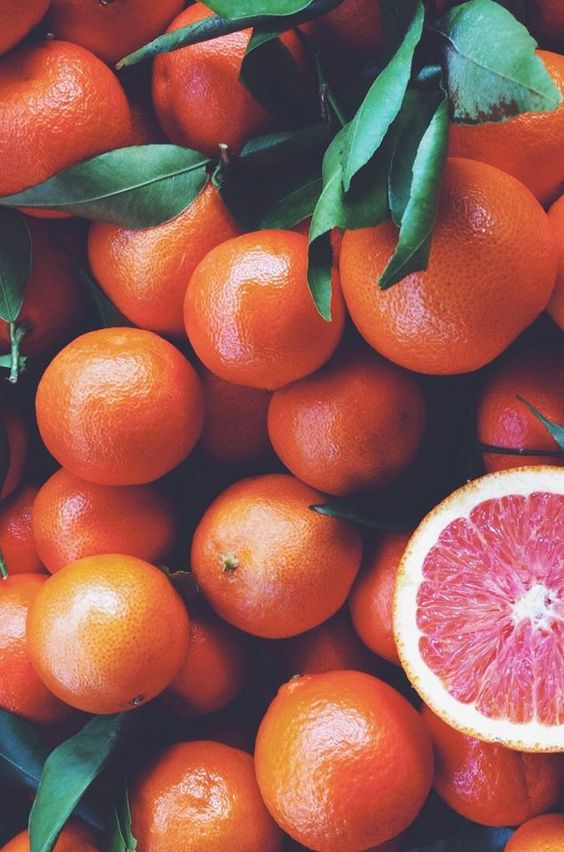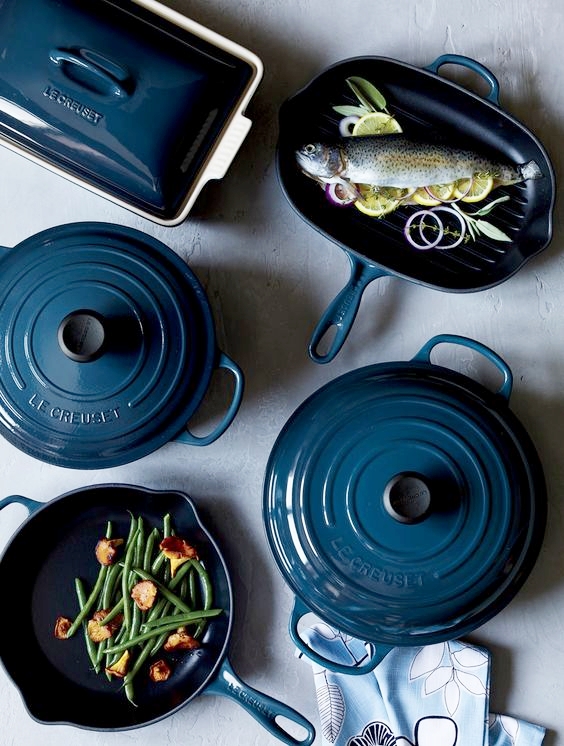Knowing the foods that make us thrive is one thing but having the tools and resources to put it all into practice and make it sustainable, easy and enjoyable is an entirely different story. That’s where I come in and provide a package that is truly unique. In my health coaching sessions I see so many well educated people who know what they should and shouldn’t be eating, but don’t know where to start, how to transition, where to shop from, how to cook the odd bits (like organ meats), how to properly prepare certain foods, or are spending way too much time in the kitchen to make it sustainable. It’s my little hacks, tips and tricks that I’ve fine tuned for over a decade that tie a bow around traditional wholefoods and have made profound impact on people’s lives.
In my upcoming FOOD AS MEDICINE TALKS with leading holistic dietician Marieke Rodenstein, we not only provide 3 hours of comprehensive nutritional theory discussion (so you understand the WHY), I also provide you with a folder of information that sets you up for life with all the tools and resources you need to know exactly HOW to put it all into practice to optimise your diet.
Two decades of research and learning have been comprehensively yet concisely summarised into numerous fact sheets including:
1. A summary of the fundamentals of good nutrition
2. My breakfast, lunch and dinner go-to formulas (when meals become formulaic, life becomes less stressful!)
3. The key staple ingredients for every traditional wholefoods kitchen
4. A shopping list of where to get the staples from most affordably
5. Why I’m not a fan of snacking
6. My 16 tips for dealing with fussy eaters
7. My favourite clean eat restaurants
8. My favourite lists of websites, podcasts, books and blogs
9. A healthy swap table substituting processed foods with healthy alternatives
10. Where to buy the highest quality water filter from and why unrefined salt should be added to your drinking water
11. My two game-changing ways of overcoming constipation (which I suffered for 20 years even after I nailed the nutrient dense diet and was well hydrated).
12. Additional lifestyle tips that you’d never think of that can take your health to the next level.
13. My list of recommended practitioners, paediatricians, dentists, naturopaths, building biologists, body workers and PTs
14. How to curb sugar cravings
And lots more!
Knowing what to do is one thing but actually having the tools to do it, is another. The consistent feedback from clients is that the fact sheets that we provide are what enables them to put the theory into practice and make it not only simple and sustainable but also enjoyable. And life is, above all, to be deliciously enjoyed.
Our Food As Medicine talks are taking place Melbourne 10 Nov and Sydney 24 Nov. Tickets booking fast.






